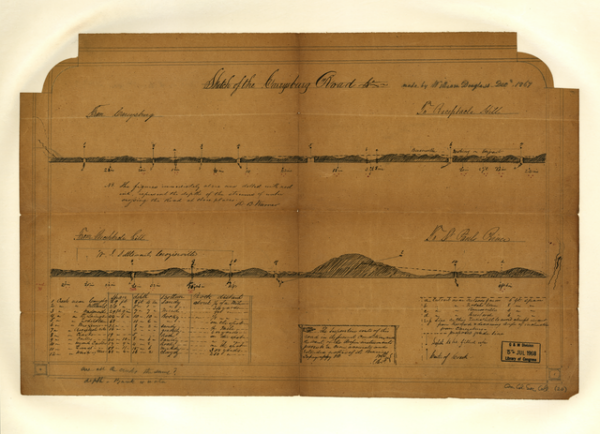On May 28, 585 BC, an extraordinary event took place—an event so striking that it brought an ongoing war to a sudden halt. As two ancient armies prepared for battle under the Anatolian sky, darkness abruptly fell in the middle of the day. A total solar eclipse, visible in the region of Asia Minor, stunned both sides into stopping their fight. This awe-inspiring celestial event, predicted in advance by the pre-Socratic philosopher and scientist Thales of Miletus, became known as the “Battle of the Eclipse” and marks the earliest historical event whose exact date is known with modern astronomical certainty.
The battle was fought between the forces of King Alyattes of Lydia and King Cyaxares of the Medes. The two kingdoms, located in what is now western and northwestern Iran and Turkey, had been embroiled in a bitter conflict for five years. With no decisive victory in sight, tensions were high as the two armies clashed near the Halys River—later known as the Kızılırmak.
What neither side expected, however, was an intervention from the heavens. As the soldiers fought, the sun began to disappear. Panic set in. To ancient peoples, eclipses were often seen as omens or divine judgments, and this one, occurring in the midst of a pitched battle, was terrifying. The sudden darkness turned what might have been a bloody continuation of war into a moment of pause—and then, remarkably, peace.
Historians such as Herodotus later reported that Thales of Miletus had foretold this eclipse. If true, his prediction would have been an unprecedented scientific achievement for the time and a powerful demonstration of early Greek astronomy’s growing capacity to understand natural phenomena through reason rather than myth. Whether Thales truly predicted the eclipse remains debated by scholars, but the story itself has become legend, embedding the event into both historical and philosophical memory.
The eclipse so deeply unsettled the warring sides that they agreed to a truce on the spot. Peace was brokered with the assistance of a third party—likely the Babylonians—and the Halys River was set as the boundary between the Lydian and Median empires. This act of diplomacy ended years of bloodshed and reshaped the balance of power in the ancient Near East.
But the legacy of May 28, 585 BC goes far beyond the cessation of a single war. The precise timing of the eclipse, verified by modern astronomical models, makes it one of the “cardinal dates” of ancient chronology. Because solar eclipses can be calculated backward with high accuracy, this event serves as a critical anchor point for historians attempting to synchronize ancient records. It allows scholars to date other events in the ancient Mediterranean and Near Eastern worlds with far greater confidence.
In effect, the Battle of the Eclipse created a moment in time where myth and science, war and peace, converged. The event reflects a turning point—not only in a regional conflict—but in the intellectual development of humankind. It underscores the early Greek attempt to explain the universe in rational terms, a legacy that would become the foundation of Western science.






